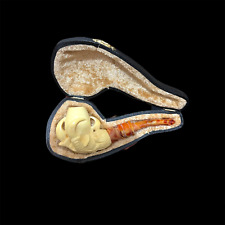
An article in the journal Sexually Transmitted Infectionssuggests that smokers may be unwittingly modifying their immune systems, making them more vulnerable to infection by the HIV virus. Past studies have found that cigarette smoking is linked to a higher than normal chance of contracting other infections generally, including those that have been sexually transmitted.
The researchers behind the new meta-study trawled through material from academic research databases, abstract databases and material from AIDS conferences to arrive at their conclusion. Out of six studies that assessed the association between cigarette smoking and becoming HIV positive, five found that smokers ran an increased risk of between 60 and 300 percent.
“The consistency of the findings is striking and represents a major strength of this review,” say the researchers, adding: “while the studies vary in quality, they include reports of high quality investigations using large sample sizes.” The researchers speculate that tobacco smoke may enhance vulnerability to infection by modifying the structure of the lungs and changing an array of immune system responses, including curbs on the production of antibodies and the activity of infection fighting white cells.
As well as immune system function, the researchers also looked at whether smoking accelerated the progression of HIV to full-blown AIDS. Out of ten papers that looked for an association, nine of them concluded that smokers were not at an increased risk of hastening the progression.

















Comments are closed.